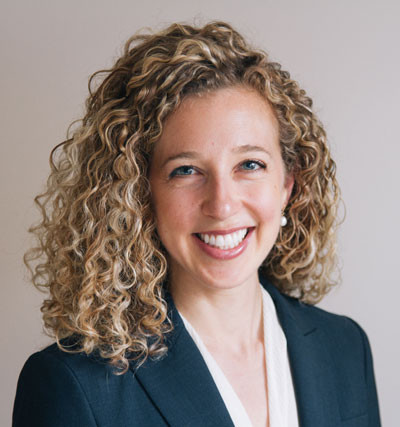
Danielle Gilbert
Dartmouth College
April 19, 2023 12-1:30pm
Summary
Kidnappings of soldiers, journalists, aid workers, and other civilians by armed groups happen every day. Yet, the politics of hostage recovery remains relatively understudied by international relations scholars. Whether and how governments choose to recover their citizens varies widely, as does public sentiment about bringing hostages home. To explain this variation, we develop a theory of hostage deservingness. We argue that deservingness is determined by the circumstance of capture—particularly whether hostages are perceived to be to blame for their capture—and that more deserving hostages receive more public support for risky rescue operations. Our multimethod approach to hypothesis testing includes the use of survey experiments embedded in two different nationally representative surveys of Americans, a behavioral experiment fielded on Facebook using Meta’s a/b testing platform, and 20 elite interviews with current and former senior hostage recovery personnel. Across our experiments, we find that when hostages are described as not to blame for their capture, support for recovery is at its highest. However, when capture occurs under circumstances that suggest the hostage bears responsibility, support for recovery decreases. Despite official U.S. government policy that the circumstances of capture are irrelevant to recovery decisions, our interviews show that notions of deservingness (and the public’s approval of hostages) matter a great deal in the hostage recovery process. We demonstrate that policymakers are similarly susceptible to notions of deservingness, yielding substantial internal debate about recovery options. Moreover, policymakers adapt their messaging to avoid backlash from recovering less sympathetic hostages or failing to recover those seen as more deserving.
Bio
Danielle Gilbert is the David and Cindy Edelson Fellow in U.S. Foreign Policy and International Security at the John Sloan Dickey Center for International Understanding at Dartmouth College. In Fall 2023, she will join Northwestern University as an Assistant Professor of Political Science. Her research explores the causes and consequences of hostage taking in international security, including projects on rebel kidnapping, hostage recovery policy, and hostage diplomacy. Her current book project examines why and how armed groups kidnap during civil war. It is based on her PhD dissertation, which received the American Political Science Association's 2021 Merze Tate Award for the Best Dissertation in International Relations, Law, and Politics. Danielle's research has been supported by the Air Force Office of Scientific Research, the United States Institute of Peace and the Minerva Research Initiative, the Smith Richardson Foundation, and the Cosmos Club Foundation. Her writing is published in the American Political Science Review, the Texas National Security Review, Terrorism and Political Violence, Studies in Conflict and Terrorism, the Journal of Political Science Education, and in policy outlets including Foreign Affairs, Lawfare, War on the Rocks, and The Washington Post. Before entering academia, she served four years on Capitol Hill, and she has worked as a policy advisor on presidential and congressional campaigns. She received her PhD in Political Science from the George Washington University; Master's degrees from the George Washington University and the London School of Economics; and a B.A. in Ethics, Politics, and Economics from Yale.
